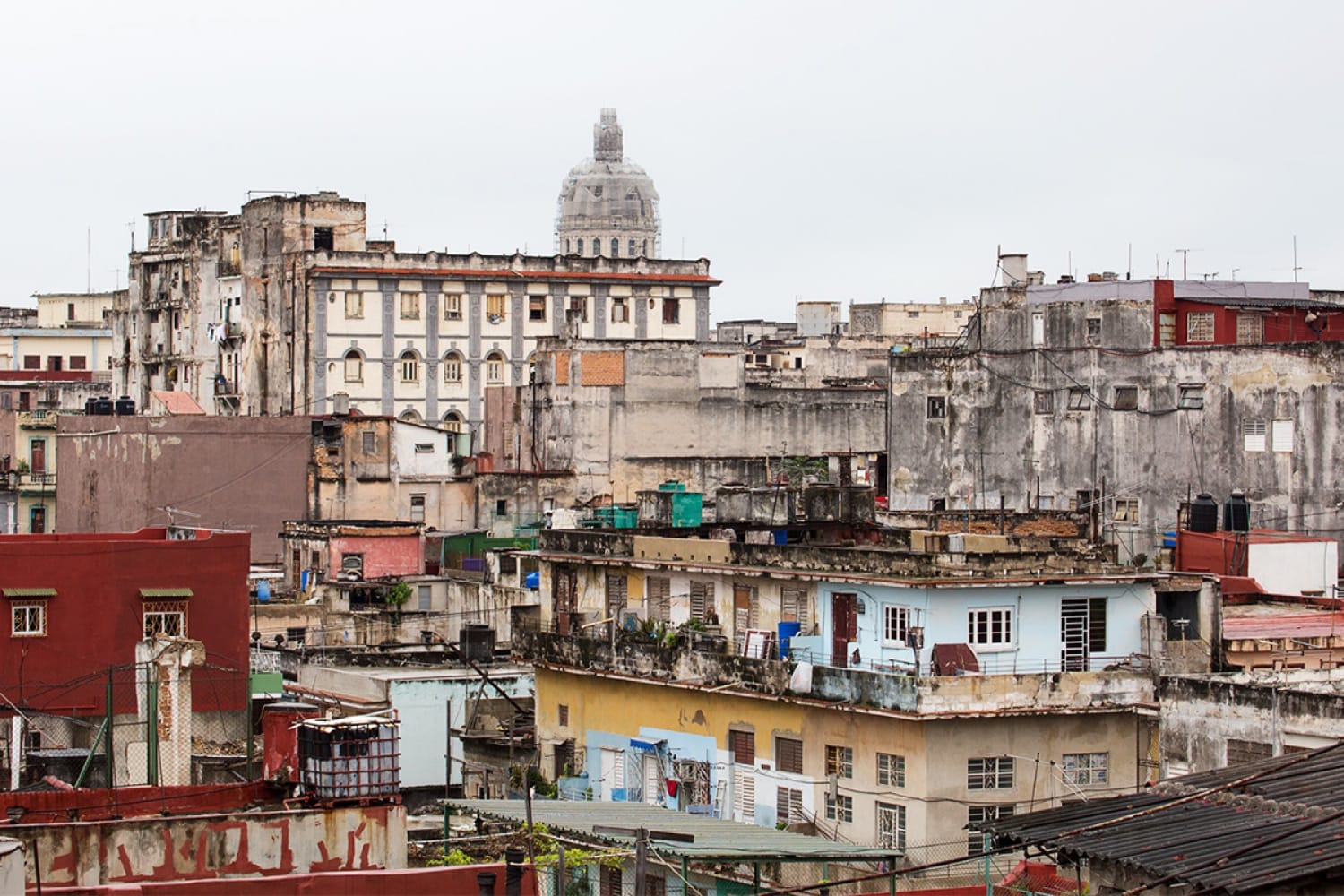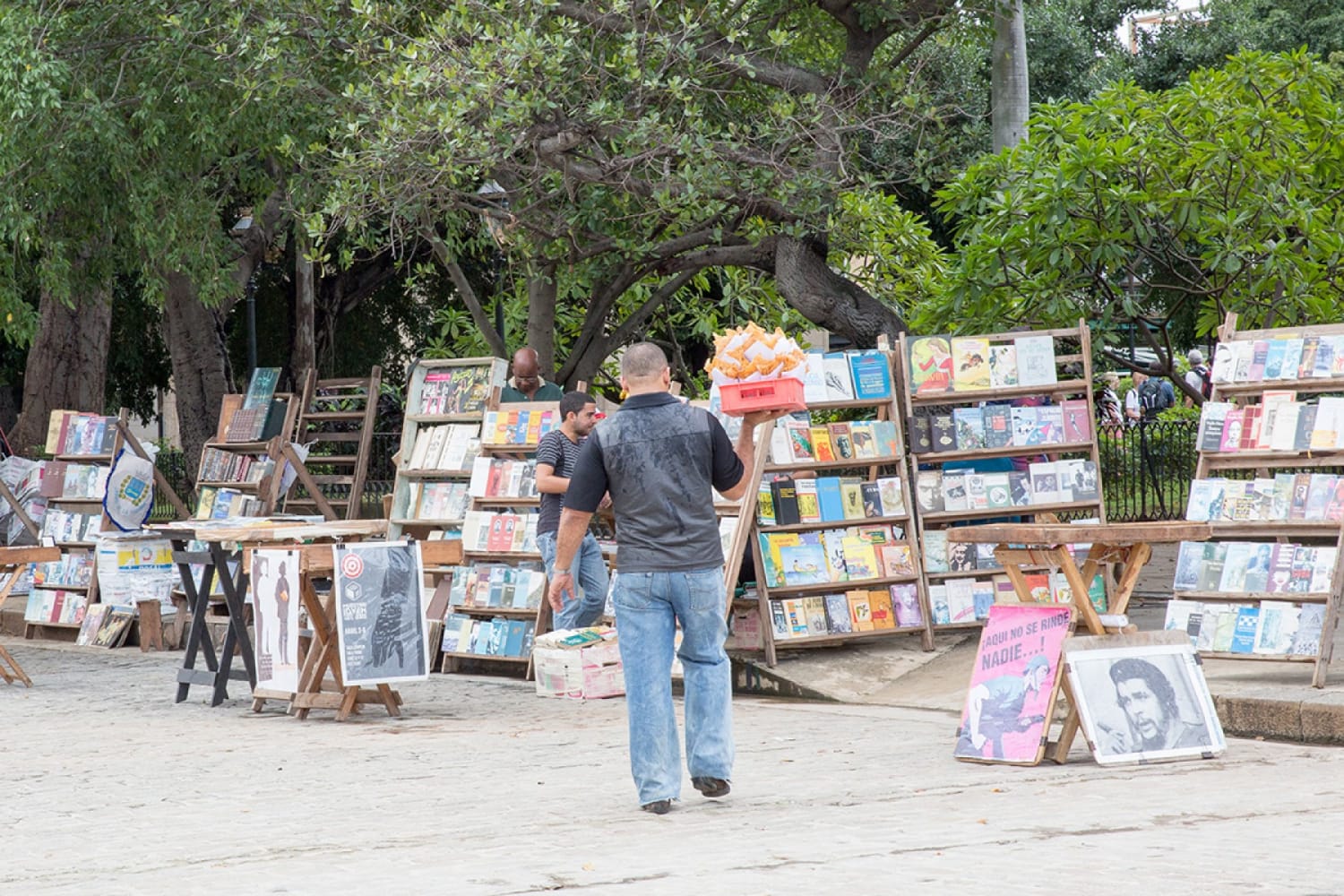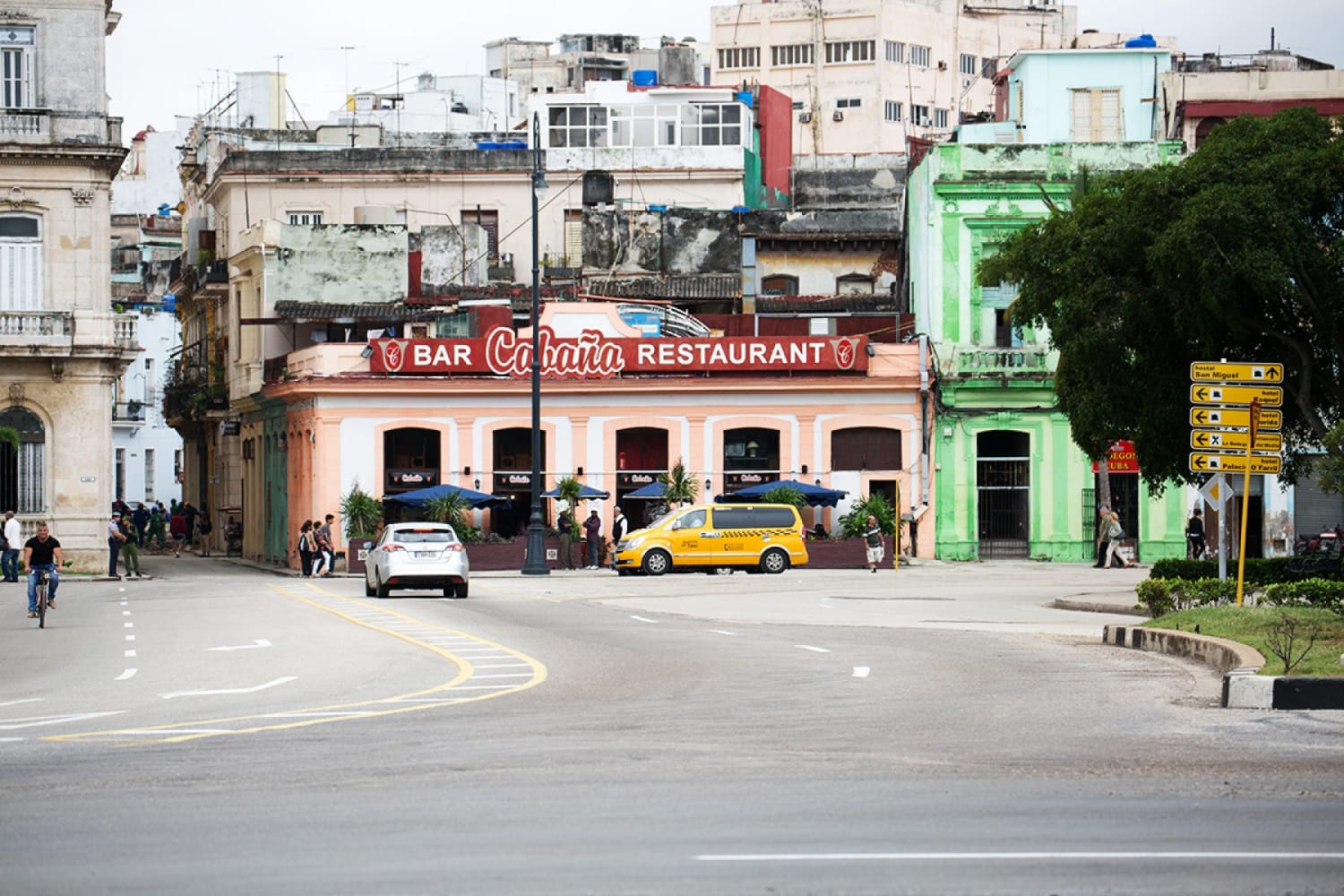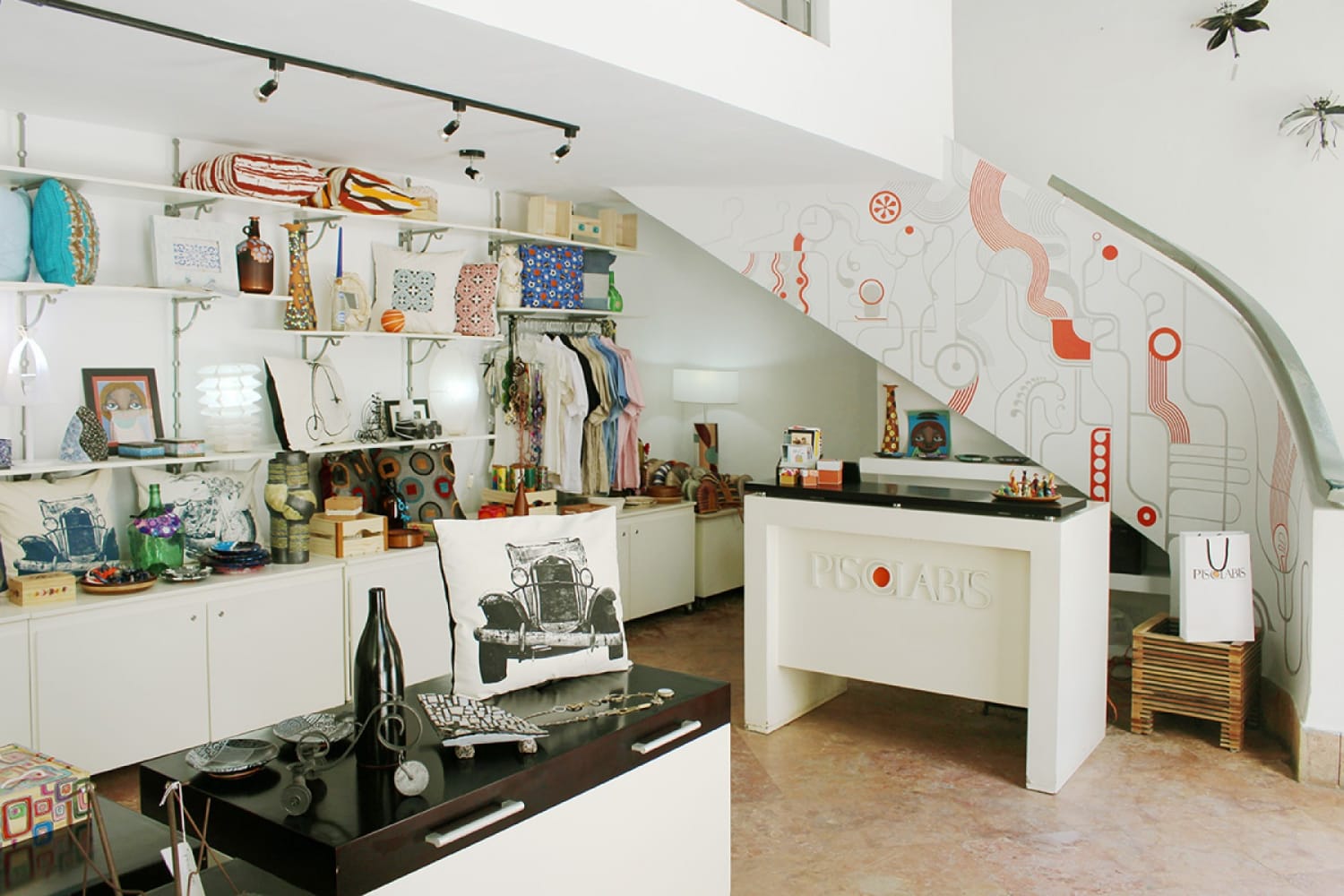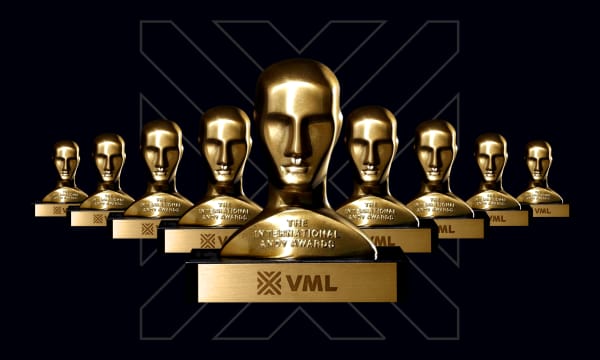Organic Food
Food companies in the United States are under heightened scrutiny, especially from millennials. This is leading them to shift their eating habits: a July 2015 study by the Innovation Group and J. Walter Thompson’s SONAR™ found that 80% of US millennials are willing to pay more for natural and organic food and beverages, far more than other age groups.
As US brands adjust, Cuba has already gone organic, to a large extent. During the Special Period—a time of economic collapse and hardship in Cuba in the 1990s—many Cuban farms were unable to source modern pesticides, and learned to do without them. Hungry Cubans were also allowed to farm on small plots of land. These hardships introduced elements of localism and organic growing into the food system, and today Cuba’s private restaurants, such as La Guarida in central Havana, are able to tap into this system and its top-notch ingredients. Tourists in Cuba currently pay far less for food of this quality than they would elsewhere.
DIY Spirit
Millennials in the United States have flocked to small-scale boutiques and online marketplaces like Etsy in search of one-off finds infused with the character and creativity of their producers. Cuban designers embrace these techniques not solely out of aesthetic preference, but also because of fluctuations in available materials.

